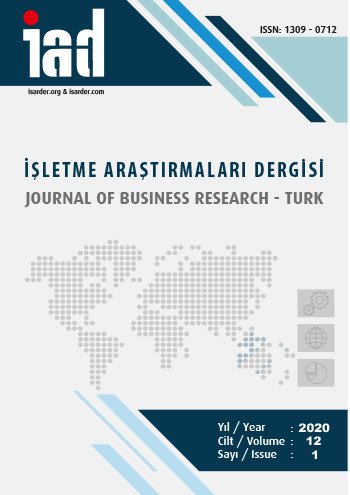(The Role of The Perceived Supervisor Remorse on The Relationship Between Abusive Supervision and Work-Family Balance)
Keywords:
Perceived Supervisor Remorse, Abusive Supervision, Work-Family BalanceAbstract
Purpose – The aim of study is to examine the impact of abusive supervision on work-family balance and, the moderating role of perceived supervisor remorse on this relationship. Design/methodology/approach – The data were gathered from 252 participants working in a service sector by convenience sample method. A questionnaire form was used to collect the data. SPSS and AMOS 23.0 programs were used to analyze the data. First, the validity and reliability analyze of the scales were performed and then the hypotheses of the study were tested. Regression and correlation analyze were used to test the hypotheses. Findings – Abusive supervision affects work-family balance significantly and negatively. High-perceived supervisor remorse reduces the negative impact of abusive supervision on work-family balance. Discussion – Studies showed that abusive supervision had an effect on organizational citizenship behavior, job satisfaction, contrary workplace behavior, depression, job stress, organizational support, job performance, and work-family conflict. Employees who were abused by the supervisor could not express their depression to their supervisor due to the rules and supervisor’s power in the organization; instead, they reflect their true feelings to their family members. The findings of this research confirm previous studies' results. In addition, perceived supervisor remorse decreases the effect of perception of abusive supervision on work-family balance.
Downloads
Published
How to Cite
Issue
Section
License

This work is licensed under a Creative Commons Attribution-NoDerivatives 4.0 International License.





